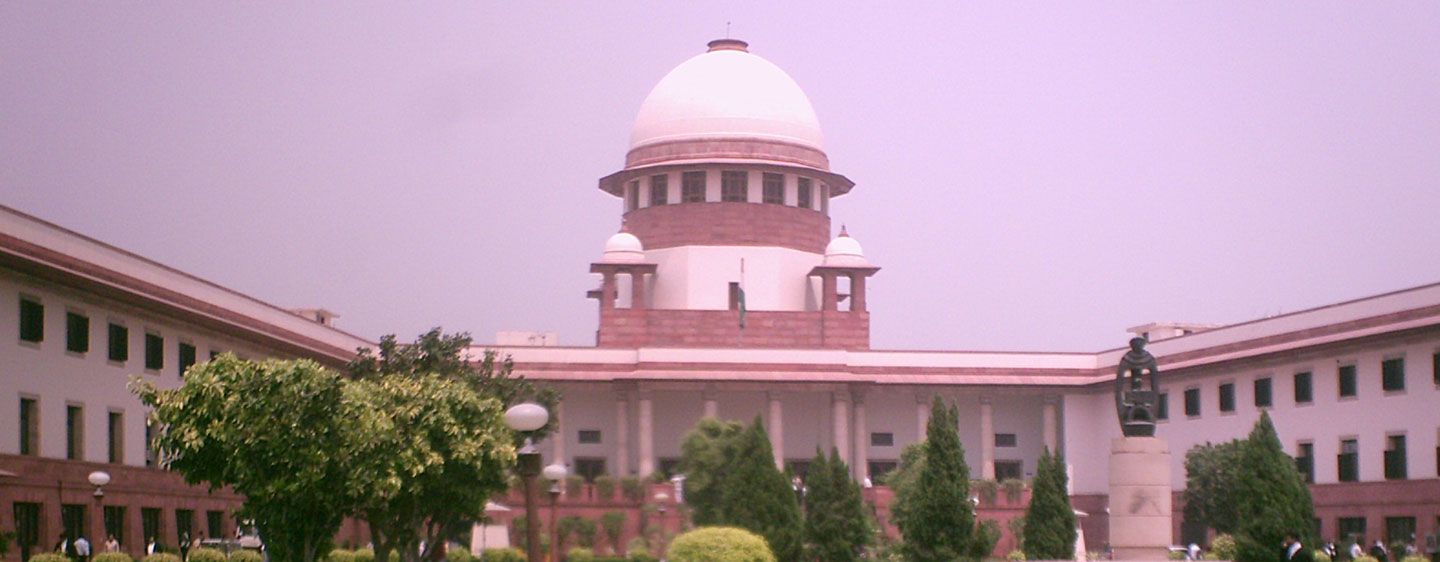Judges must realise their limitations and learn that they don't have expertise and resources to perform functions of legislative and the executive branch.
The Indian judiciary is the guardian of the Constitution. It has been bestowed with enormous power under the Constitution and has often served as the guiding light of the nation. However, in recent years, our judges have far exceeded their authority and have started to usurp the power that should ideally be exercised by the elected representatives of the people or the executive branch of the government.
Judicial activism vs. judicial overreach
It is important for us to have an active judiciary that can protect our cherished liberties and guard us against the tyranny of the government. However, the activism of judges must not take over the functions which should be performed by the legislature or the executive branch of the government. Judicial overreach is when the activism of the judges takes the form of adventurism and interfere in the day to day functioning of the government.
The Hon’ble Supreme Court itself has observed that “…we are repeatedly coming across cases where judges are unjustifiably trying to perform executive or legislative functions. This is clearly unconstitutional. In the name of judicial activism, judges cannot cross their limits and try to take over functions which belong to another organ of the state.”
Further, the same bench advised that the “judges must know their limits and must not try to run the Government. They must have modesty and humility, and not behave like Emperors.”
While the overreach of the judiciary may provide temporary relief at times, it sets a dangerous precedent for future generations. Judges have neither the expertise nor the resources to perform the functions of the legislature and executive branches. For example, in December 2015, the Hon’ble Supreme Court issued certain directions to curb air pollution in Delhi. One of the directions banned the entry of commercial vehicle in the capital. Such decisions should be taken by the executive branch of the government, as it has the proper resources to enforce this rule and to assess whether this decision could impact the supply of essential goods to Delhi.
This is not the only incidence. The Supreme Court in 2016 issued orders that the national anthem must be played in all cinema halls before the start of any feature film. In due time, the order was revoked. One must wonder though why the highest court in the nation is deciding whether the national anthem must be played instead of solving the other 60,000 cases pending before it?
Similarly, the Hon’ble Supreme Court set up a committee to examine alleged instances of corruption in the BCCI. That would have been fine if the BCCI was a government authority. It is a private organisation registered under local laws in Tamil Nadu, local police should have dealt with the matter instead of the judges losing their precious time on the issue.
The Indian judiciary has vast powers and the Hon’ble Supreme Court is often referred to as the most powerful court in the world. Our judges have performed great services for the country. Having said that, the judges must realise their limitations. It is true that the other branches of the government have failed the people and it is sometimes justified for the judiciary to take action for the good of the people. However, the correct solution for us would be to demand more accountability from our elected leaders instead of relying on unelected judges to address all our grievances.

